How to Save on Electricity: 12 Effective Tips
When it comes to saving on electricity, we usually think about it at least once a month—after paying utility bills. In autumn and winter, these bills start to grow rapidly: electricity consumption increases several times. Today, we'll share 12 simple but effective tips on how to spend less electricity and pay for it several times less.
1. Make Your Home Warmer
You won't believe it, but in most of our apartments, heating costs exceed those of Europeans by 3-5 times. It's not about climate—according to experts, up to 70% of heat loss occurs through windows, walls, floors, and basements. For example, just insulating windows can raise the room temperature by 4-5°C and save up to 4000 kWh of electricity.

2. Install a New Meter
Replace your regular electric meter with a dual-tariff one. In Russia, there's economic incentive for energy consumption—during low load periods, usually at night, electricity rates are much lower. Since every apartment has devices running 24/7, installing a dual-tariff meter can lead to significant savings.
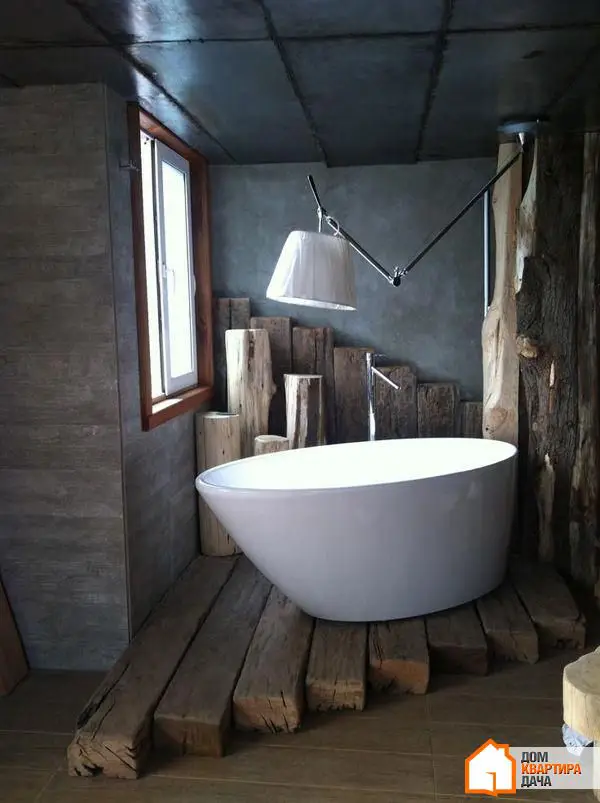
3. Turn Off Lights When Leaving
As we all know, a well-known rule: turn off the lights if you don't need them at that moment. According to statistics, more than 30% of electricity is used for lighting empty rooms.

4. Don't Leave Chargers Plugged In
Don't leave chargers for mobile phones, laptops, cameras, or other devices plugged in unnecessarily. A charger running idle consumes quite a lot of electricity but uses it for heating. If a charger is constantly connected, up to 90% of electricity is wasted.
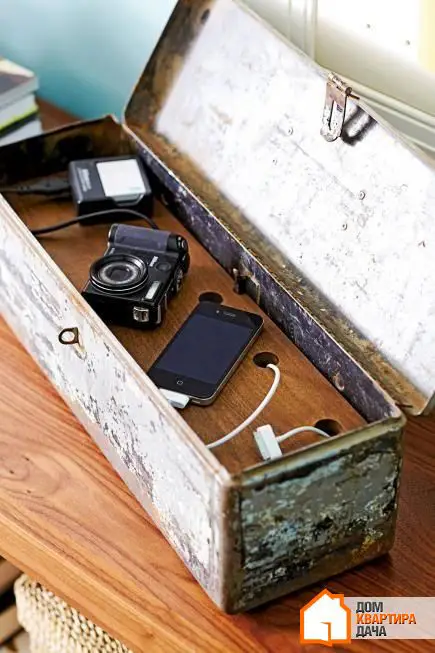
5. Set Up Your PC Properly
Use all power-saving modes on your computer and laptop, including sleep and standby. Correctly setting the time to enter standby mode can reduce PC electricity consumption by about half.
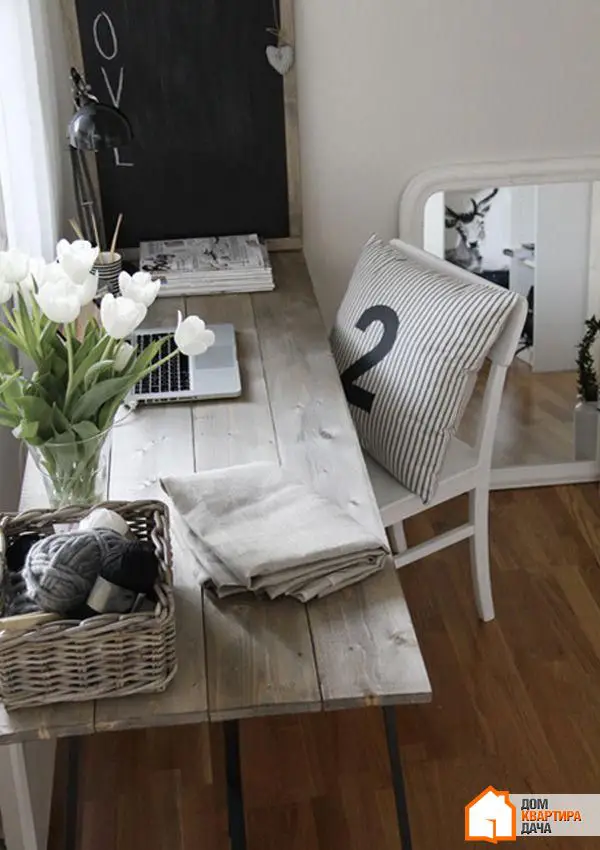
6. Make Use of Natural Light
This tip may seem the most challenging since it requires significant changes in daily routine. But try going to bed and waking up earlier, using less electricity for lighting. Less drastic measures include clearing windowsills of tall planters, choosing light-colored wallpapers, and frequently cleaning windows.

7. Replace a Chandelier with Spotlights
Experts recommend avoiding bright light and using spot lighting instead. It turns out that several spotlights consume much less energy than one large chandelier. Place floor lamps and wall sconces in key areas of your apartment, and replace bulbs in chandeliers with less powerful ones.
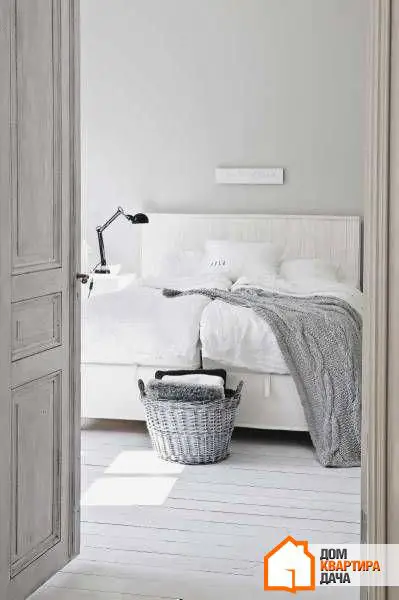
8. Save on Cleaning
Keep lampshades and bulbs clean. Dust and dirt accumulating on them reduce device efficiency by 20-30%. The same applies to dirty windows, which block natural light and force you to use extra electricity.

9. Use Class A Appliances
When buying appliances, pay attention to their energy efficiency class. The most economical are appliances of classes A, AA, and AAA. The higher cost of these products quickly pays off during usage.
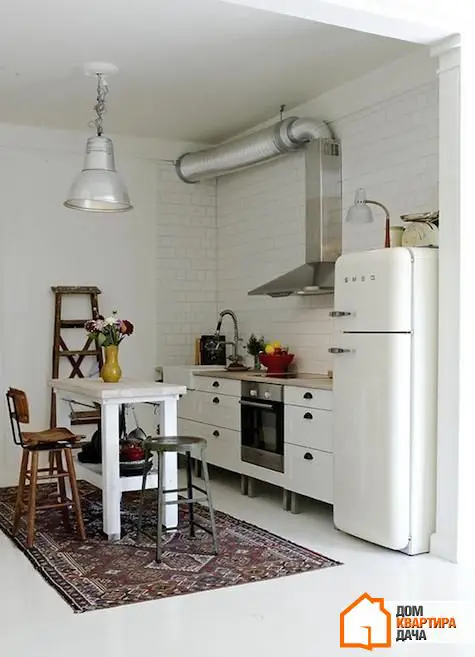
10. Load the Washing Machine to Capacity
A washing machine consumes up to 20% of all electricity in a house, but these costs are easy to reduce by one-third. First, always load the machine fully. Second, use high temperatures only when washing really dirty clothes. Third, don't forget about daily and other energy-saving modes. Finally, regularly clean the machine of limescale.
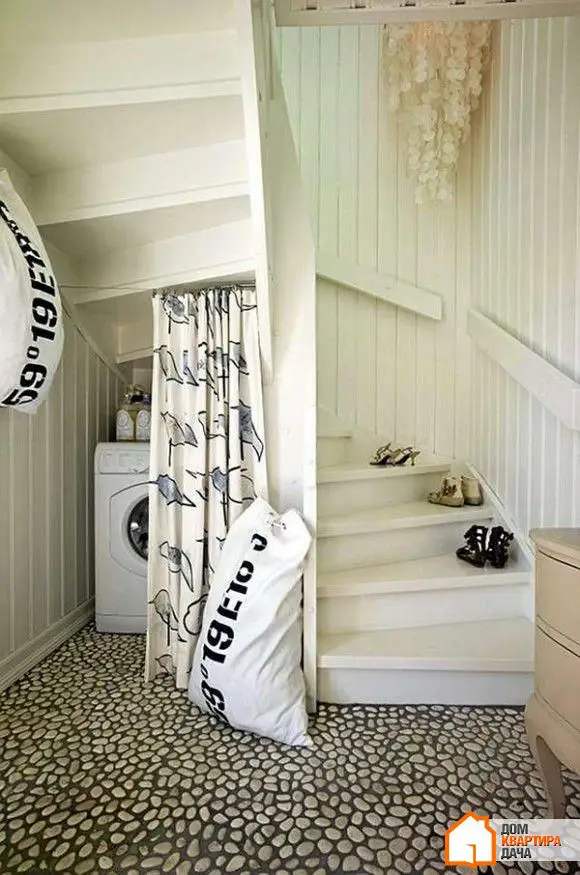
11. Position the Refrigerator Correctly
The refrigerator is one of the main electricity consumers in our apartments, working both day and night. Place it away from the stove and radiator, leaving a small gap between the back wall and the wall. Don't put hot dishes in the refrigerator and always close its door tightly. Defrost the refrigerator no less than 2-3 times a year, avoiding ice buildup.
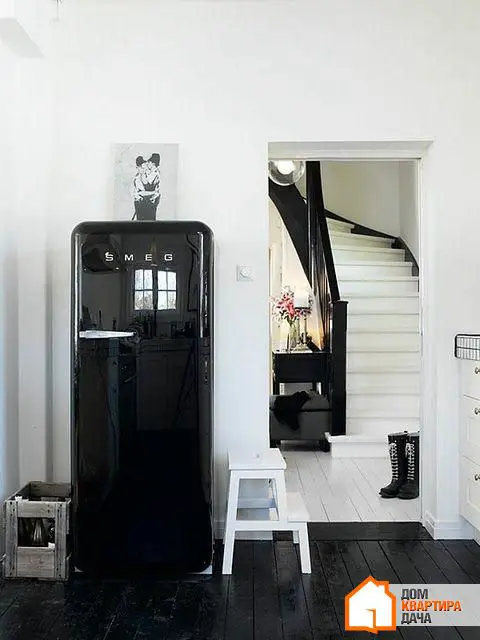
12. Cook Smart
To save energy while cooking on an electric stove, use cookware without damage or defects. The bottom of pans and pots should be equal to or slightly larger than the burner size. When using an electric kettle, always remove limescale in time and avoid boiling more water than needed.
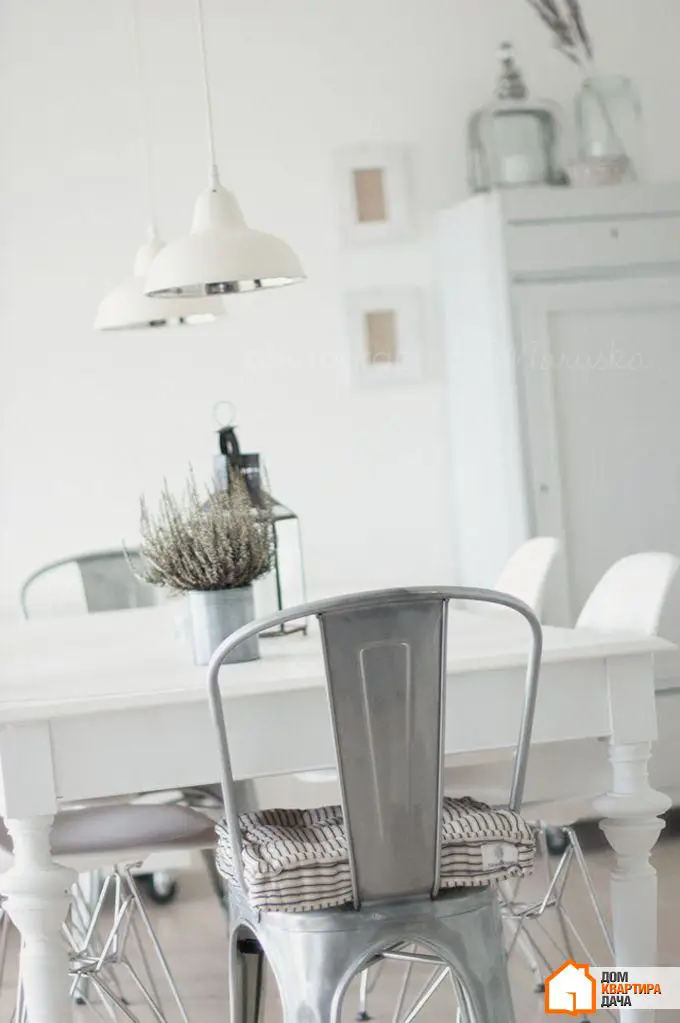
Need a renovation specialist?
Find verified professionals for any repair or construction job. Post your request and get offers from local experts.
You may also like
More articles:
 Living Room Design Options in Various Styles: From Samurai Spirit to African Masks
Living Room Design Options in Various Styles: From Samurai Spirit to African Masks Living Room Design Styles
Living Room Design Styles White Living Room Interior. Cleanliness and Purity in Interior Design
White Living Room Interior. Cleanliness and Purity in Interior Design Interior of a Two-Room Apartment: Minimalism and Art Deco
Interior of a Two-Room Apartment: Minimalism and Art Deco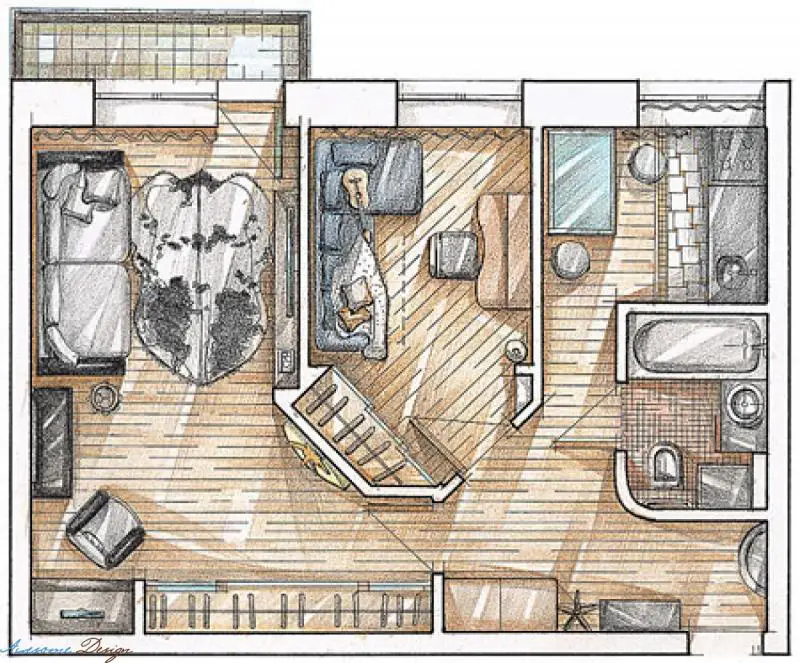 Design Project of a Two-Room Apartment
Design Project of a Two-Room Apartment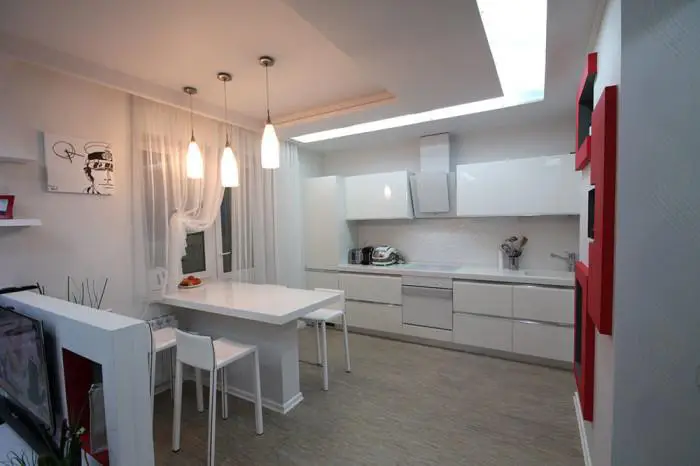 Design of a Compact Two-Room Apartment
Design of a Compact Two-Room Apartment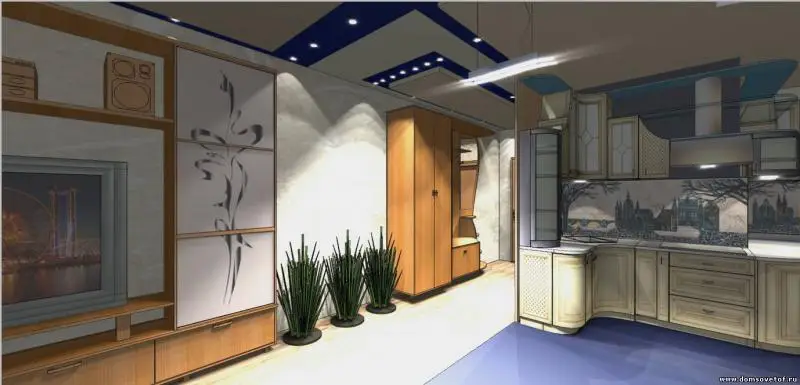 Design of a Two-Room Apartment
Design of a Two-Room Apartment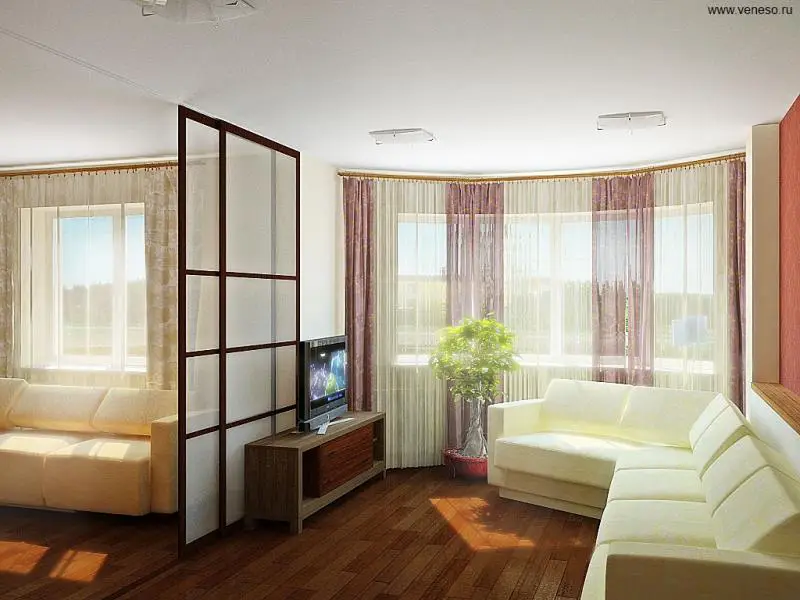 Design of a Two-Room Khrushchyovka
Design of a Two-Room Khrushchyovka